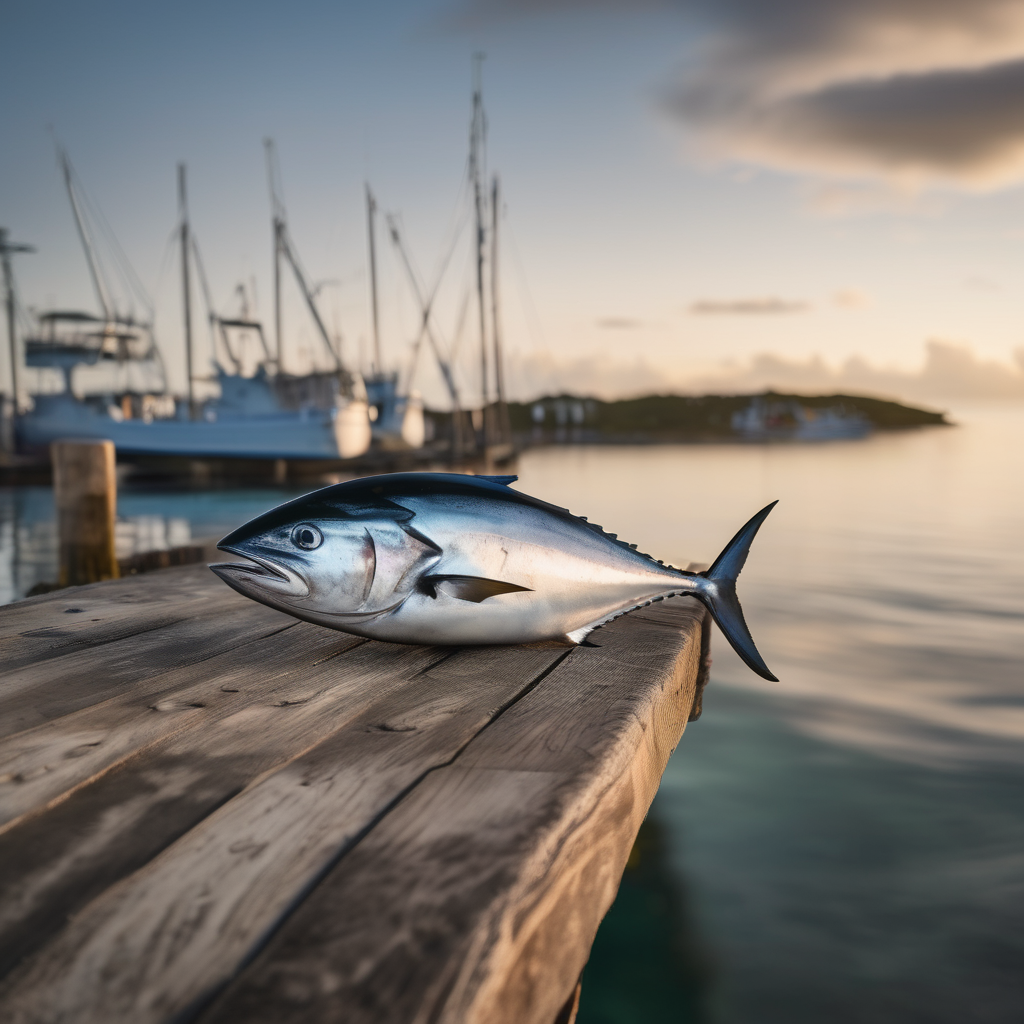Two regional fisheries organizations have confirmed a cohesive stance in anticipation of the annual Tuna Commission meeting in December. The management of South Pacific Albacore emerged as the primary point of discussion among officials from the Forum Fisheries Agency (FFA) and the Forum Fisheries Committee during their recent deliberations in Honiara, Solomon Islands.
Key decisions from this meeting include proposed regulations that will apply to all longline and troll fishing activities south of the 10° South latitude. These measures are designed to promote equitable opportunities for fishing between national waters and high seas, reinforcing management strategies that respect the needs of all stakeholders.
FFA Director-General Noan David Pakop characterized 2025 as “the year of the albacore,” recognizing the significant advancements made through collaboration among member nations. He remarked, “Since our last meeting in Niue, we have achieved a milestone nearly three decades in the making—consensus on the Management Procedure and a commitment to finalize the Implementation Measure for South Pacific Albacore.” Pakop lauded the agreement as a testament to Pacific solidarity, resilience, and leadership.
The committee also supported two key draft measures: the South Pacific Albacore Management Procedure (SPA MP) and its corresponding Implementation Conservation and Management Measures (CMM). The measures reflect two years of collaborative effort among FFA Members, emphasizing a science-based approach to sustainable fishing practices and establishing catch limits aimed at preserving albacore populations for the future.
Members of the committee reaffirmed the necessity of an independent review, as stipulated by Article 30 of the WCPF Convention, to evaluate how effectively the Tuna Commission addresses the unique needs of Small Island Developing States (SIDS) and ensure that management measures do not disproportionately burden developing nations.
This unified move signals promising prospects for fisheries sustainability in the region. The Pacific Islands, which boast some of the healthiest tuna stocks globally, highlight the dedication to balancing marine conservation with economic demands. By working together, these nations are not only committed to securing their fisheries for future generations but are also fostering economic stability for communities reliant on these vital resources. As the Pacific navigates its path forward, the ongoing collaboration among nations reflects a hopeful vision for both ecological health and community prosperity.
